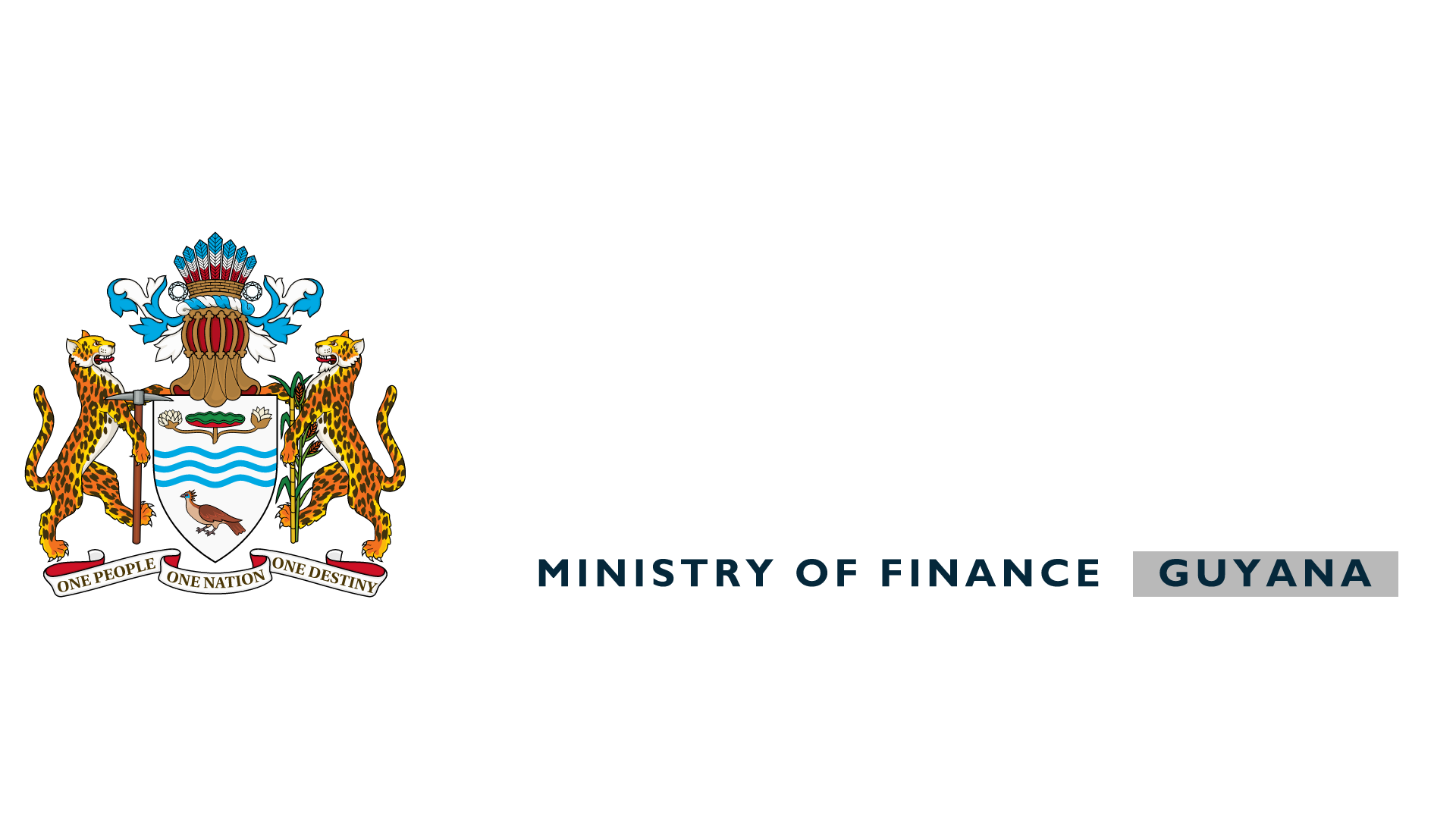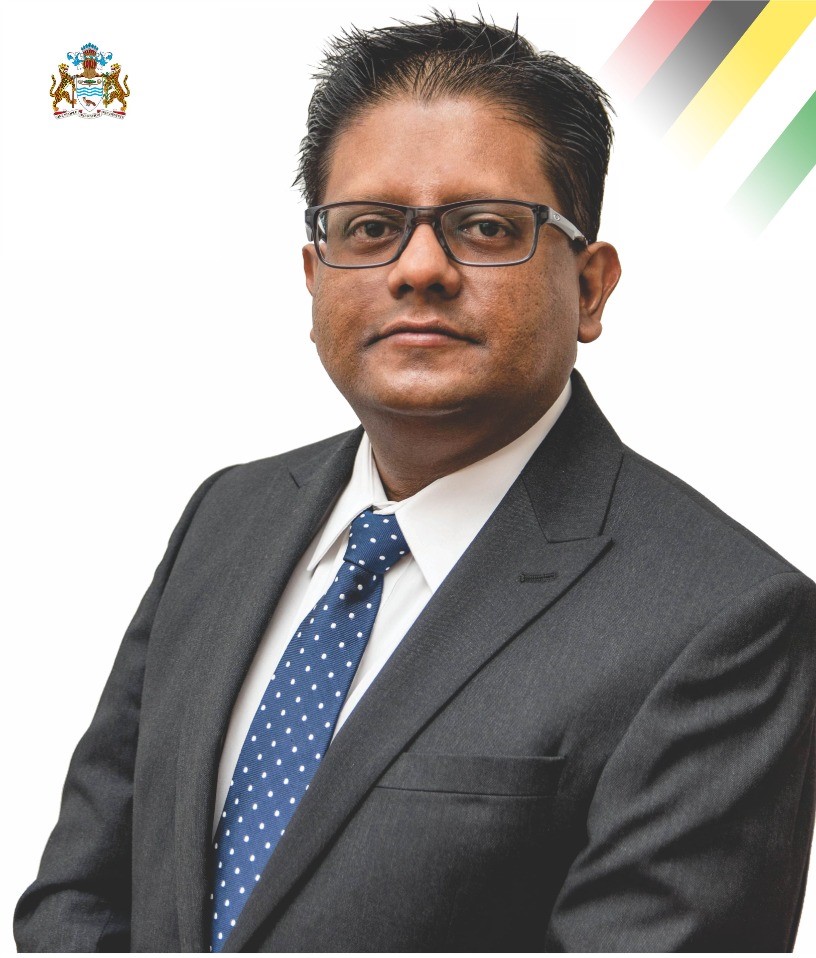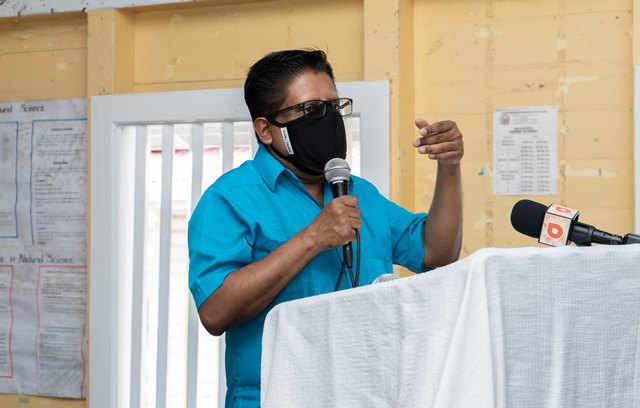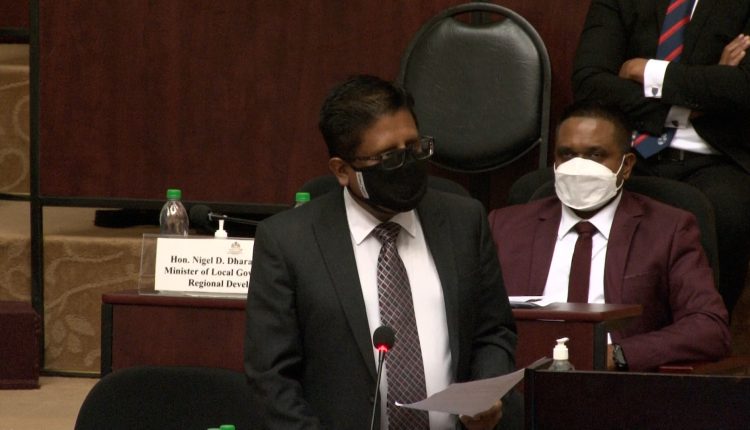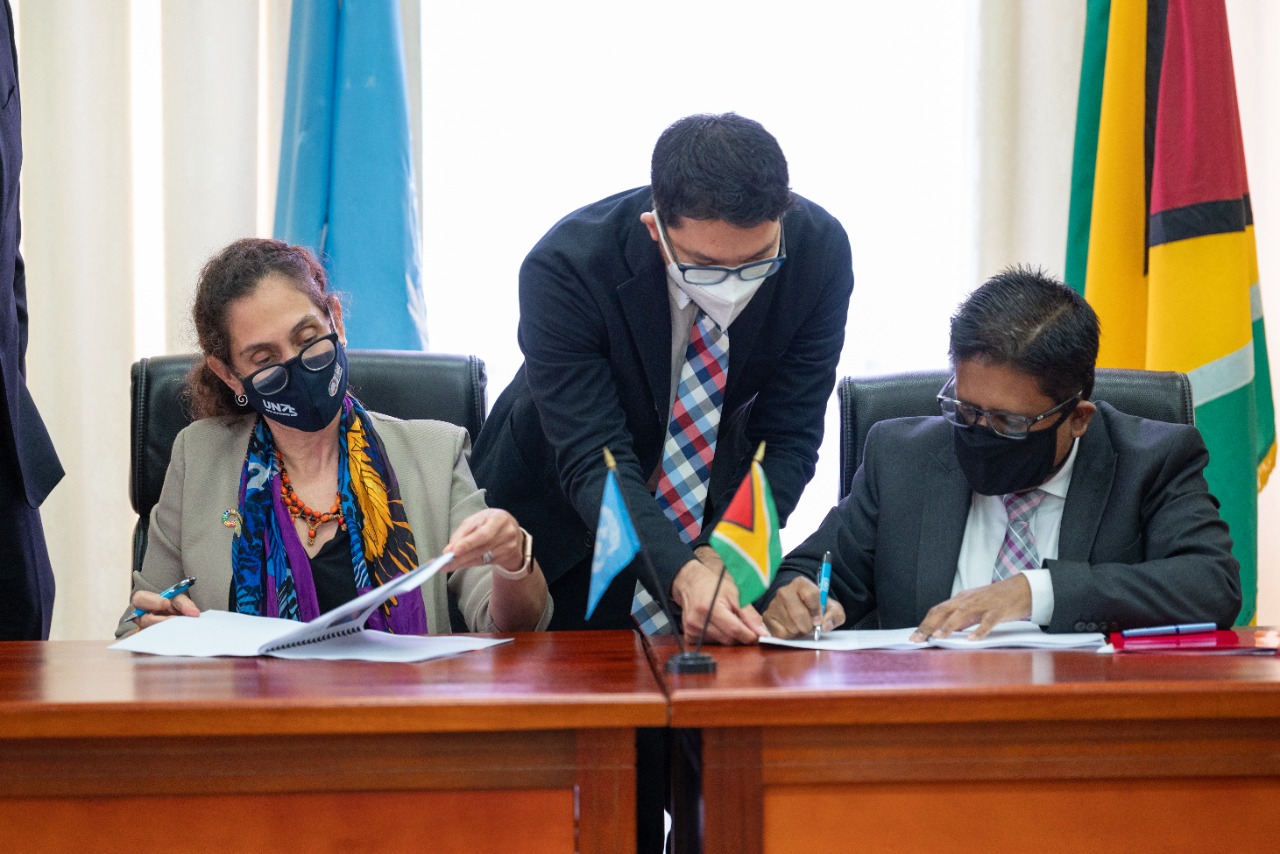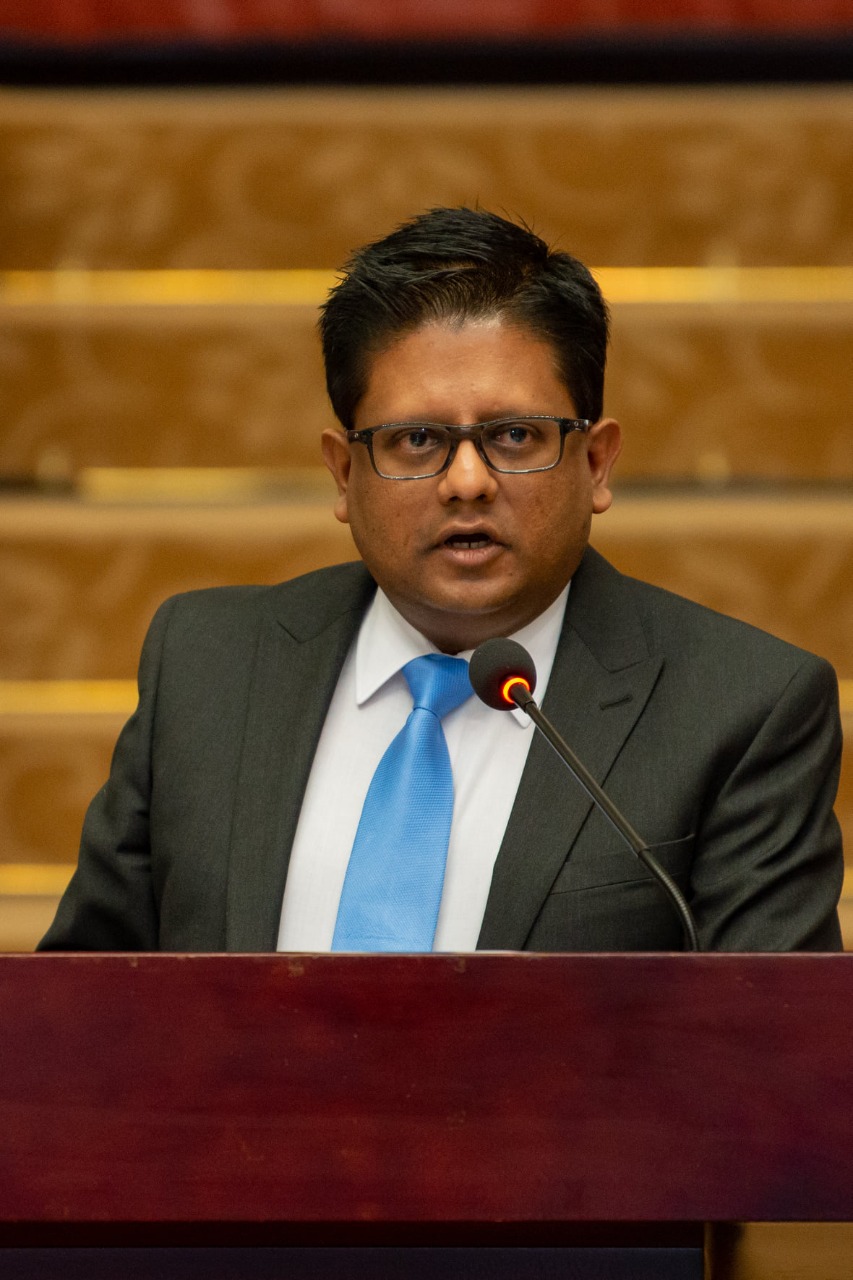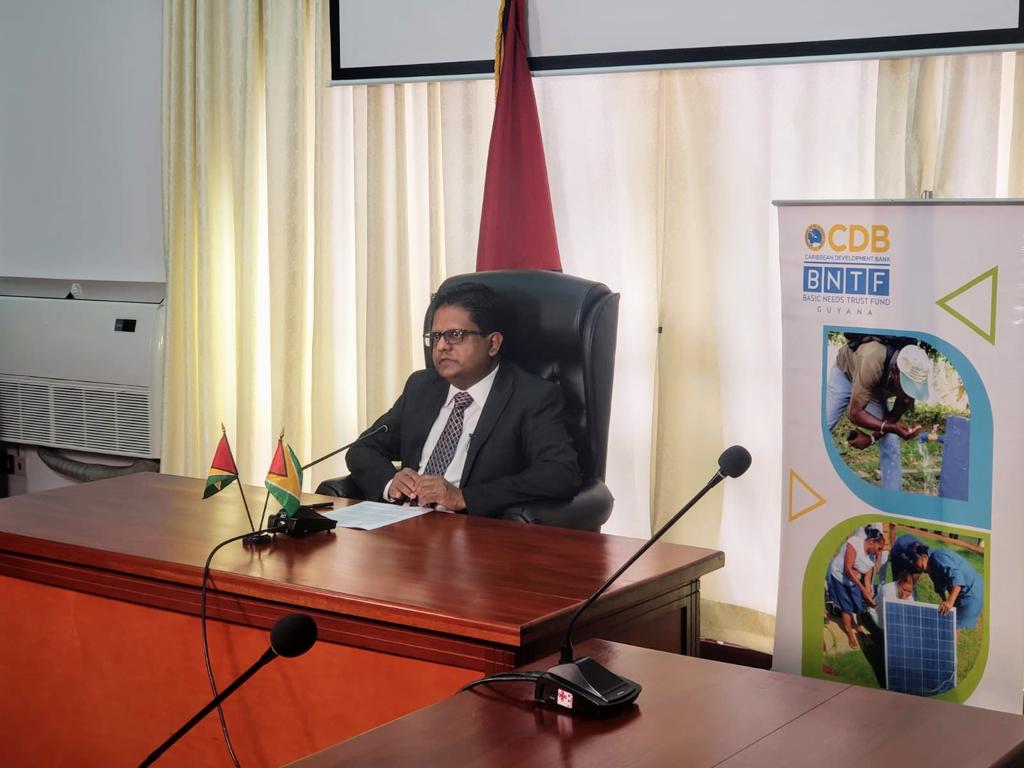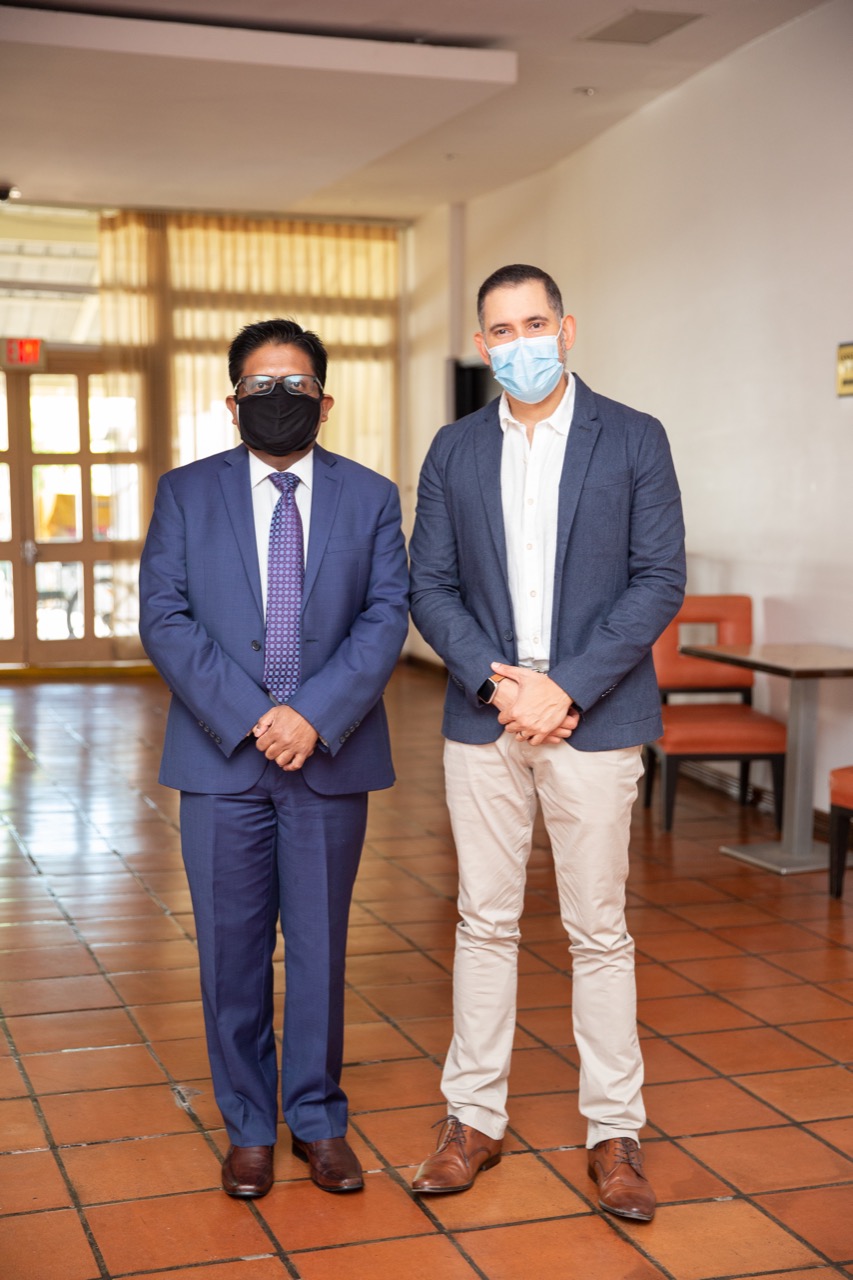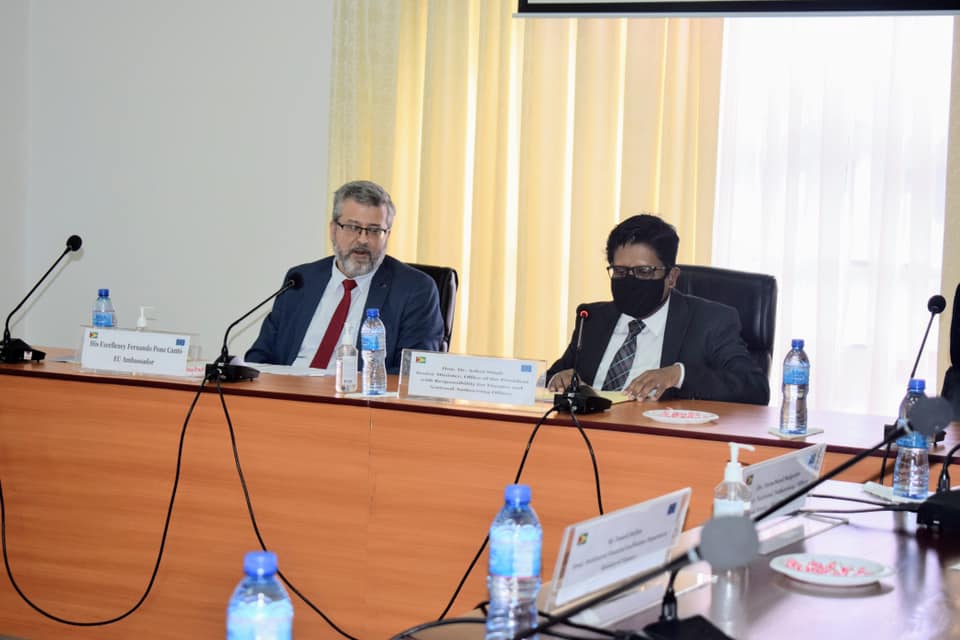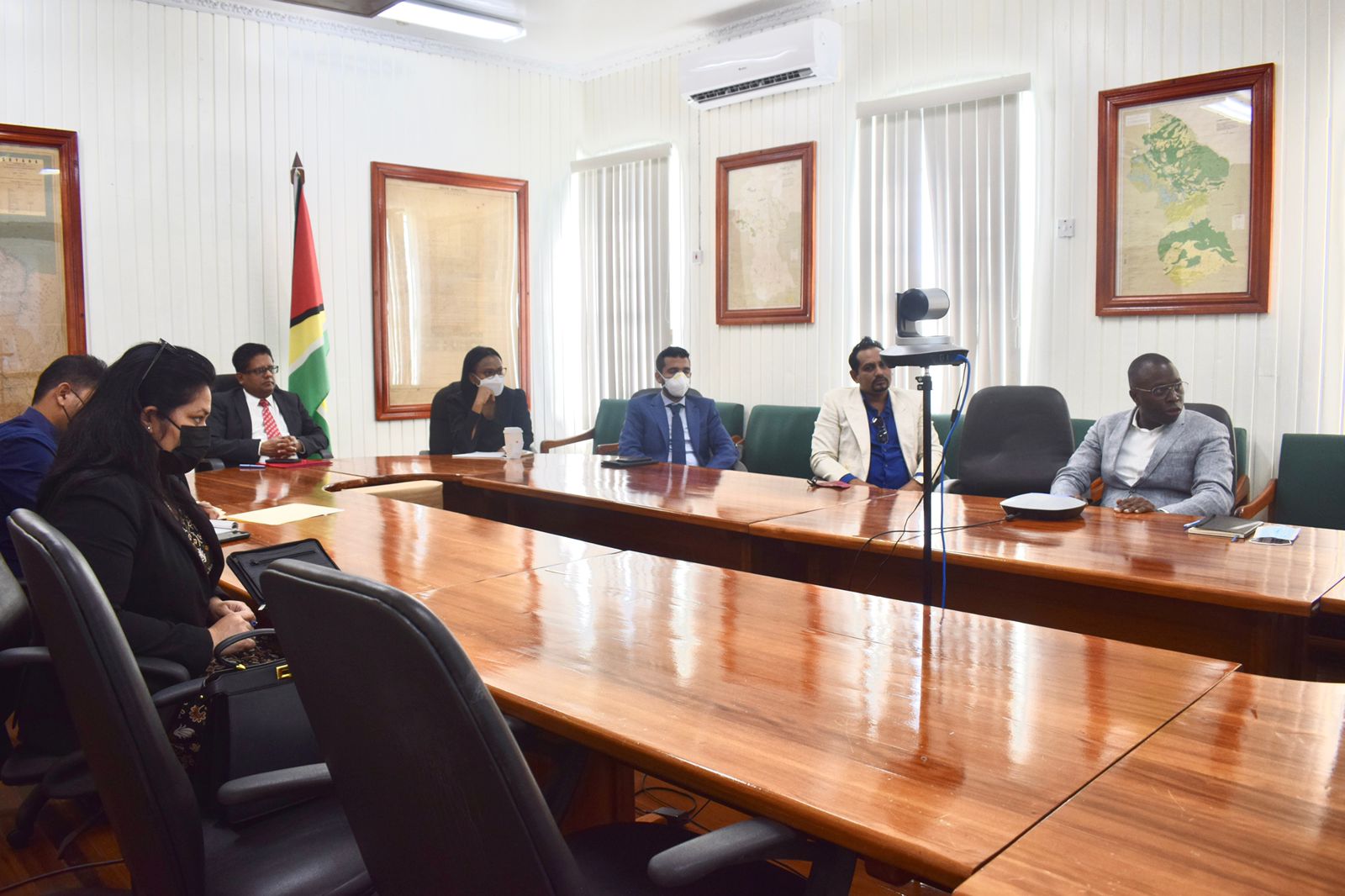– a further $612 million placed in the hands of health sector workers
Senior Minister in the Office of President with Responsibility for Finance, Dr. Ashni Singh, today announced that the Government has granted approval for a one-off, two-week, tax-free, bonus to be paid to all government employees in the health sector, at a total estimated cost of $612 million benefiting 9,200 employees in the sector. Minister Singh further indicated that instructions have been issued for the bonus to be paid before the end of the current week.
Recently, at the time that the Government announced the 2021 across-the-board increase for central government employees, Minister Singh had indicated that an amount of $400 million had been set aside to be paid to frontline workers in the health sector who have continued to face extenuating circumstances in the daily discharge of their duties, as our country and the world continue to battle the ravages of the COVID-19 pandemic.
In making the final determination on the payout to the health sector employees, Government has decided to make the payment applicable to all workers in the health sector, having taken into account the challenges involved in identifying which specific posts in the health sector constitute frontline posts and which do not.
This latest announcement comes less than one week after the Government completed processing and paying the 7 percent across-the-board increase to all central government employees along with their December salaries, which placed $10.5 billion in the hands of 50,000 public servants, teachers and members of the Disciplined Services, and represents yet another tangible step taken by the Government to improve the circumstances of public sector employees and of all Guyanese more broadly.
